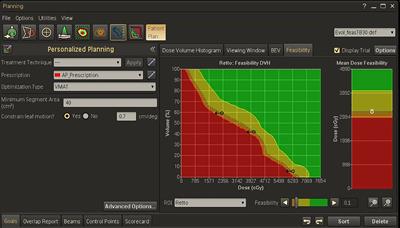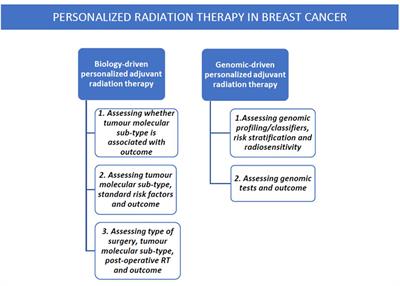ORIGINAL RESEARCH
Published on 01 Jul 2021
FDG-PET/CT in the Radiotherapy Treatment Planning of Locally Advanced Anal Cancer: A Monoinstitutional Experience

doi 10.3389/fonc.2021.655322
- 1,746 views
- 5 citations
26k
Total downloads
107k
Total views and downloads
ORIGINAL RESEARCH
Published on 01 Jul 2021

ORIGINAL RESEARCH
Published on 01 Jun 2021

ORIGINAL RESEARCH
Published on 31 May 2021

METHODS
Published on 01 Apr 2021

REVIEW
Published on 18 Mar 2021

ORIGINAL RESEARCH
Published on 22 Feb 2021

ORIGINAL RESEARCH
Published on 18 Feb 2021

ORIGINAL RESEARCH
Published on 16 Feb 2021

CASE REPORT
Published on 12 Feb 2021

ORIGINAL RESEARCH
Published on 29 Jan 2021

ORIGINAL RESEARCH
Published on 07 Jan 2021

ORIGINAL RESEARCH
Published on 17 Dec 2020
